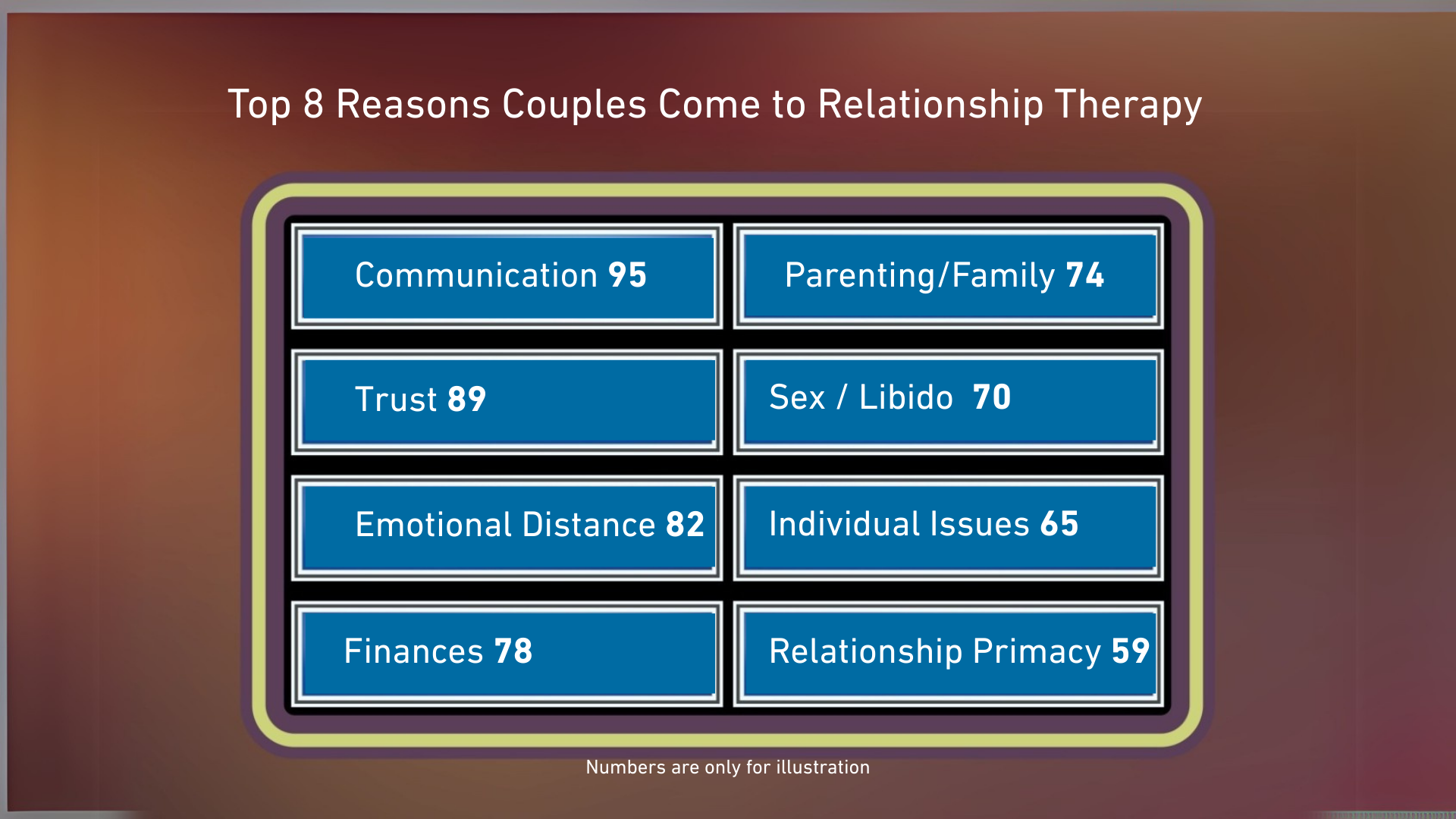Breakups can be challenging and emotionally draining for many individuals. For some, they may struggle for several difficult weeks, while others might still find themselves grieving even after three to four years. Throughout this process, it's essential to navigate the emotional turmoil carefully and seek healing.
The three videos in this article are segments of the Surviving a Breakup Course, which is included in Relate's School of Love. Learn more here
Why do breakups hurt so bad?
For many individuals, a significant challenge is accepting the reality of a breakup. This struggle is often accompanied by a sense of timelessness; the sensation that the hurt will never end, they will never be in a different space, and they will never feel the same way about someone else as they did for that specific person. You can relate to experiencing all these emotions yourself.
A lot of the difficulty with breakups comes from the way our brains develop during early life. The bonding brain distorts time and the inability to see beyond the present moment or pain. Simultaneously, this process can activate the fight-or-flight systems in our body or even cause us to freeze.
These responses are considered safety mechanisms by our brains since younger sections correlate being connected to certain people we bond with as essential for our security. This bond develops early in life since infants cannot survive without caregivers. Consequently, our brains can easily fall back into this pattern, leading to feelings of anxiety, depression, helplessness, anger, or sadness.
How are breakups similar to grieving?
During a breakup, people often experience various stages of emotions: denial, anger, grief, bargaining, and acceptance. These emotions tend to occur in cycles and may not always follow a specific order. They can be like a windmill, constantly rotating through each stage.
In most cases, individuals go through all of these emotions at some point. They may even experience them within a short period, such as five minutes. It is common for people in breakups to discuss their feelings of numbness, disconnection or shock - this is the denial stage.
Denial can also manifest through fantasies of getting back with their former partner or hoping that they will realize what they have lost. This phase is usually a combination of denial and bargaining stages. Remember that these emotions are part of the healing process and are essential for moving forward after a breakup.
For example, picture yourself in a relationship where your values are misaligned, and there's no mutual effort to resolve the issue, leading you to consider ending the relationship. You constantly fluctuate between denial and acceptance, akin to the bargaining stage of Kübler-Ross's grieving process.
How do emotions affect moving past a breakup?
Often, individuals struggle with managing their emotions, comprehending their boundaries, and expressing feelings such as anger, anxiety, or sadness. Consequently, they may not reach the acceptance phase after a difficult experience of a breakup. Reflecting on your own past breakups and analyzing cycles of denial or bargaining could help you notice your instincts and reactions. Embracing acceptance and committing to letting go of that person is essential for moving forward.
True healing starts when you wholeheartedly accept the situation and commit to letting that person go. Only then can you begin moving on with your life. While it's helpful to possess emotional management skills—such as those a therapist might have—it can still take months of concentrated effort to move past the pain and become open to new experiences and relationships again.
When you find yourself overwhelmed by emotions, it's essential to have a space where you can regain your emotional balance and anchor your thoughts. Instead of attempting to control your feelings, think of them as waves reaching the shore. You may choose to fight against them or learn to surf, embracing the challenge that comes with it. Acknowledging that emotional waves are inevitable can provide a healthier perspective, because emotions are always present and give us important information about ourselves, creating connection and meaning in our lives.
If you resist these emotional tides through avoidance or suppression, you might end up building a wall, similar to houses constructed on the beach that eventually get swept away by the sea. Eventually water seeps in and remains stagnant, it creates an unpleasant experience – much like old towels or trunks that have been soaked in seawater for days. This begins feelings of depression, anxiety and makes it impossible to be emotionally available for someone else.





